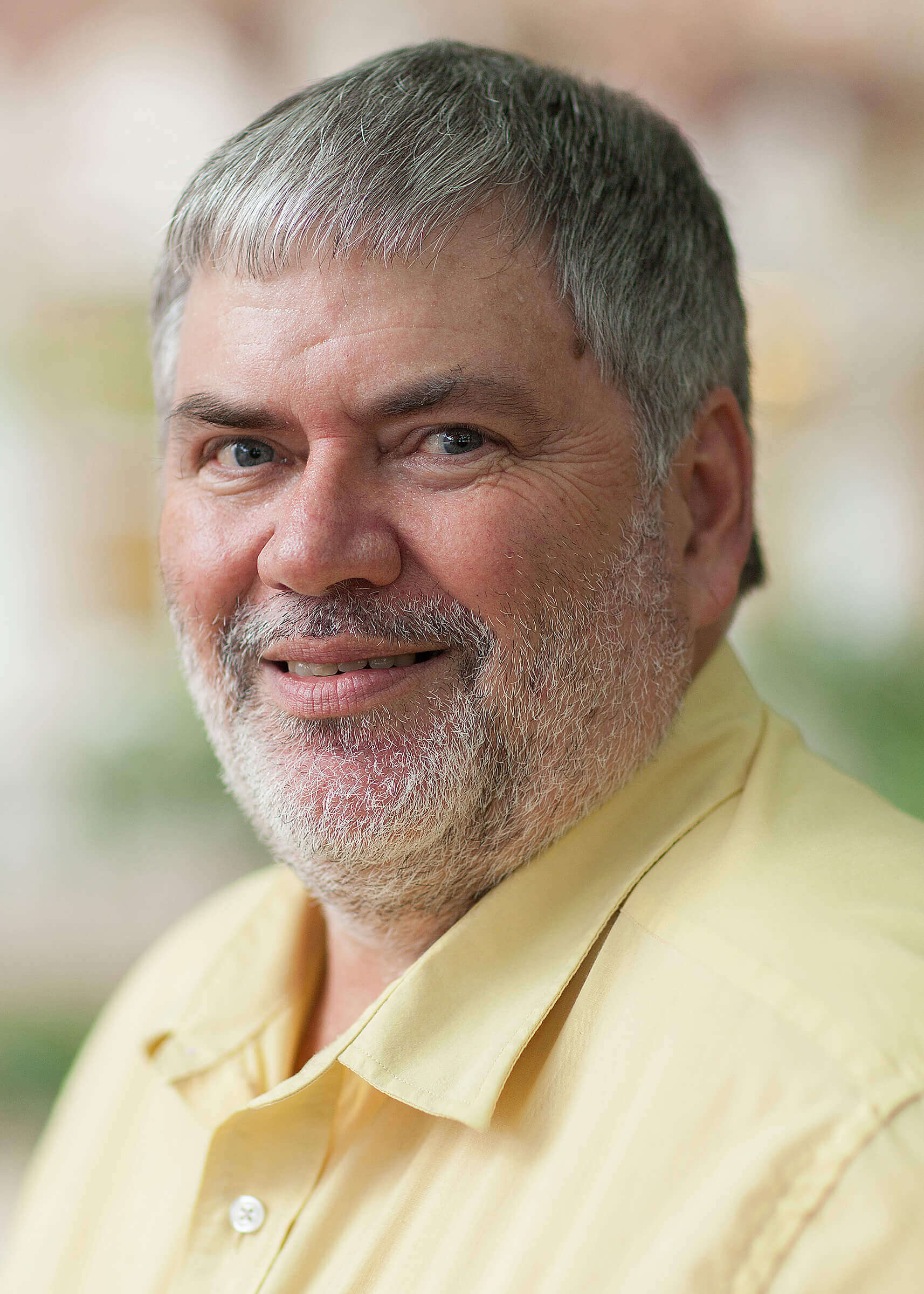New associate dean joins Purdue Agriculture leadership
Bernie Engel, who led Purdue’s Department of Agricultural and Biological Engineering (ABE) to recognition as having the top graduate and undergraduate ABE programs in the country, is the new associate dean of research and graduate education for Purdue’s College of Agriculture.

In announcing his selection, Karen Plaut, the Glenn W. Sample Dean of Agriculture, said, “Dr. Engel’s leadership in his department, our college and the College of Engineering distinctly qualify him for this position. He is a world-renowned researcher and innovative and highly successful department head. Our faculty and College will benefit from his experience and his vision for expanding Purdue Agriculture’s global impact.”
Engel earned his bachelor’s and master’s degrees in agricultural engineering from the University of Illinois and his doctoral degree in agricultural engineering from Purdue University. He joined the faculty in 1988 and was appointed department head of agricultural and biological engineering in 2005. He was a NASA Summer Faculty Fellow and, during a sabbatical leave, served as a research engineer at NASA Kennedy Space Center and the U.S. Army Construction Engineering Research Laboratory. During his career he has worked closely with graduate students, serving as major professor for 49 graduate students and mentor to seven postdocs and 17 visiting scholars.
Under his leadership as department head, Purdue’s Department of Agricultural and Biological Engineering has risen to the number one ranking for its undergraduate (eight consecutive years) and graduate programs (10 of the past 11 years). Undergraduate enrollment has almost doubled and graduate enrollment has increased by 50 percent during his tenure. Engel has led the planning efforts for renovation and construction of a new $80 million ABE building that will be completed in December 2020.
Engel’s research area is soil and water engineering. He is a leading global expert on development and application of hydrologic/water quality models and environmental decision support systems used to address agricultural, rural, urban and mixed land use watersheds and a range of constituencies including nutrients, pesticides and soil erosion.
Engel’s connection and commitment to the College mission is personal as well as professional.
“I was raised on a 1,200-acre farm in Illinois that my parents continue to operate. My wife and I also purchased a small farm 20 years ago that produces hay, corn, soybeans and livestock,” Engel said. “I understand the enormous impact the students we educate and the research we conduct can make. Working together and across disciplines and institutions we have the capacity to change the world as well as to make a difference in the lives of individual farmers.”






